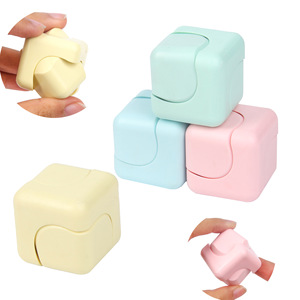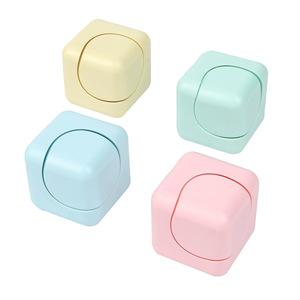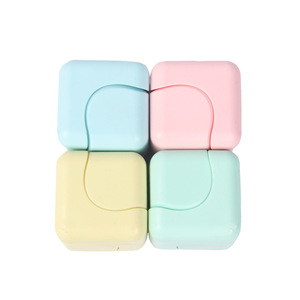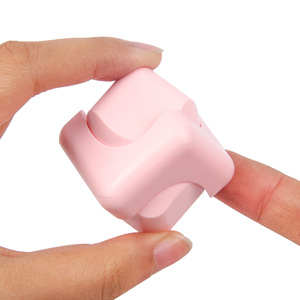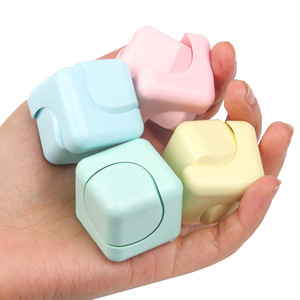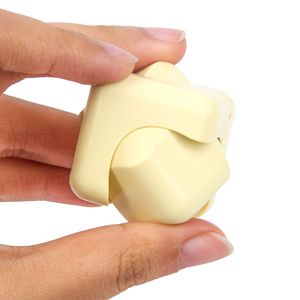Introduction to Preschool Activities for Fine Motor Skills
Developing fine motor skills is crucial during the early years of childhood, particularly in preschool. Engaging preschool activities targeted at improving these skills allows children to refine their hand-eye coordination, dexterity, and overall cognitive functions. Furthermore, these activities enhance their ability to perform daily tasks and improve their confidence as they learn through play.
Types of Preschool Activities for Fine Motor Skills
- Arts and Crafts: Activities such as cutting, gluing, and coloring help children develop grip strength and precision.
- Building Blocks: Manipulating blocks to create structures promotes problem-solving and hand coordination.
- Threading and Lacing: Using beads or laces encourages children to concentrate while enhancing their pincer grip.
- Play Dough Manipulation: Rolling, flattening, and sculpting play dough aids in strengthening hand muscles.
- Jigsaw Puzzles: Assembling pieces requires fine control and enhance spatial awareness.
Function and Features of Preschool Activities for Fine Motor Skills
Engaging preschool activities offer several functions and features that significantly enhance fine motor development:
- Hand-Eye Coordination: Activities like throwing a ball or stacking blocks require synchronizing movements, improving coordination.
- Grip and Control: Many activities focus on grasping objects, which builds control necessary for writing and everyday tasks.
- Creative Expression: Artistic endeavors allow children to explore their creativity while developing fine motor skills through various tools.
- Problem Solving: Many fine motor skill activities present challenges that require children to think critically and develop solutions.
- Social Interaction: Group activities foster collaboration, making them not just a learning experience but developing vital social skills.
Scenarios for Implementing Preschool Activities for Fine Motor Skills
Fine motor skill activities can be readily integrated into various scenarios, making them versatile in a preschool setting:
- Classroom Centers: Designated areas filled with engaging activities can encourage independent exploration while enhancing fine motor skills.
- Home Activities: Simple tasks such as baking, where children can help measure and mix ingredients, make learning fun and interactive.
- Outdoor Play: Climbing structures and nature exploration can incorporate natural elements like rocks or sticks for creative manipulation.
- Themed Days: Create theme-based activities, such as a construction day with tools and blocks, allowing children to immerse themselves in play while learning.
- Parent-Child Workshops: Encourage family involvement through workshops that focus on improving fine motor skills through collaborative projects.
Advantages of Preschool Activities for Fine Motor Skills
Incorporating fine motor skills activities into preschool education yields numerous advantages:
- Enhanced Cognitive Development: Strengthening these skills contributes to better overall cognitive function, including language and literacy.
- Increased Independence: Mastering fine motor tasks allows children to perform self-care routines, from buttoning shirts to feeding themselves.
- Improved Academic Readiness: Proficient fine motor skills lay the groundwork for writing and other academic tasks required in kindergarten and beyond.
- Encouraged Creativity: Children learn to express themselves artistically which promotes emotional well-being and creativity.
- Social Skills Development: Collaborative activities foster teamwork and communication skills, essential for their social growth.






























